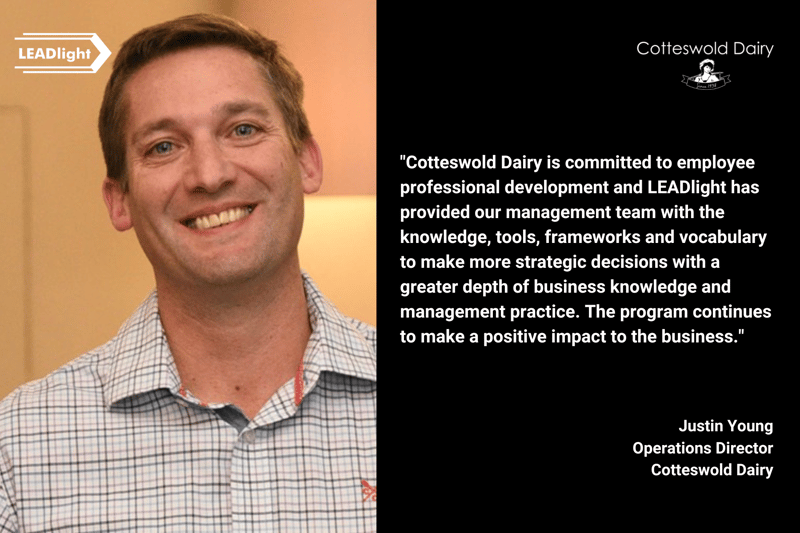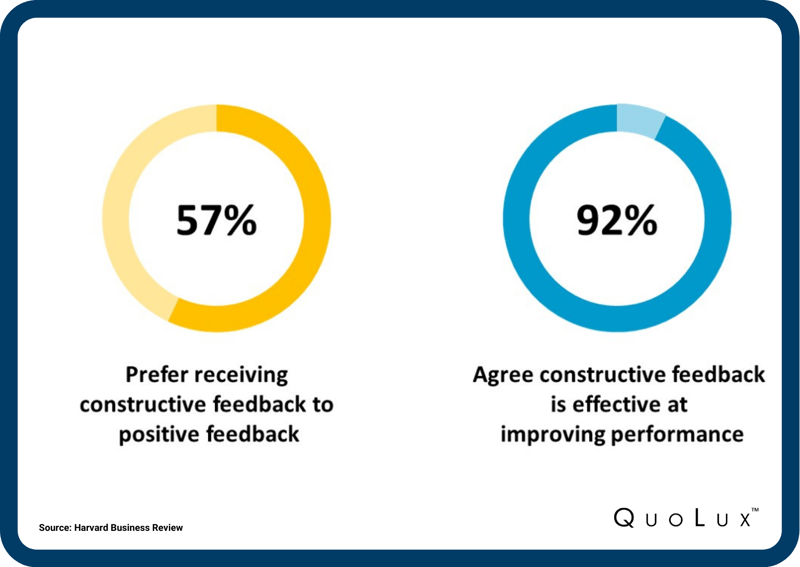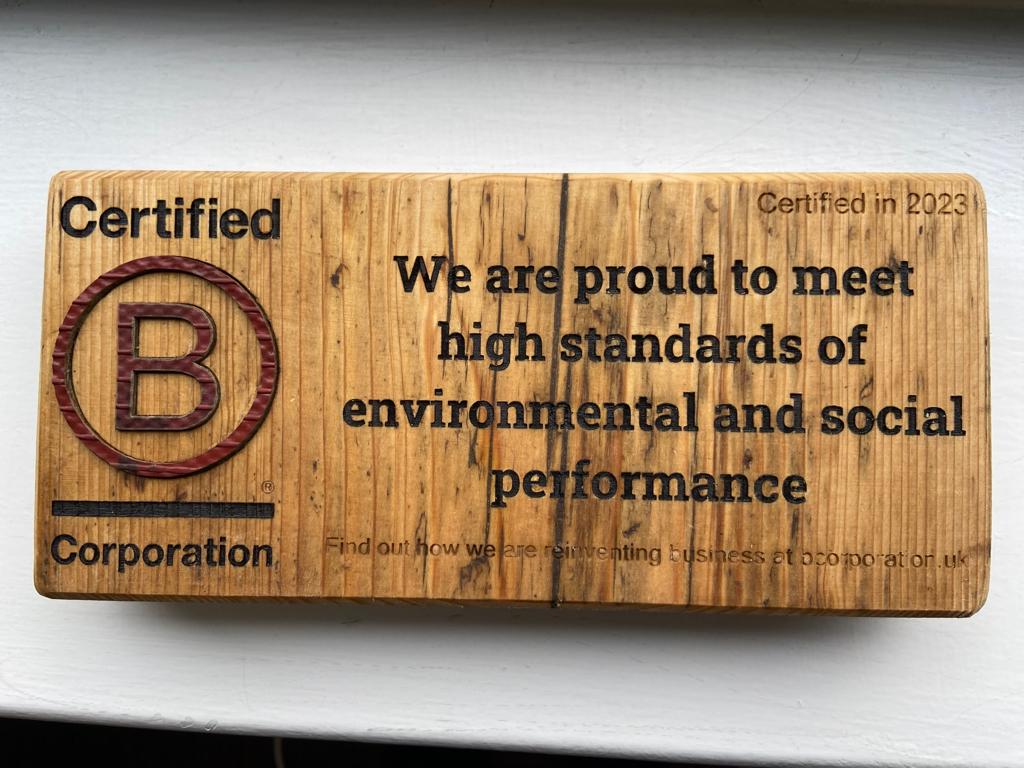Strong, visionary, effective leaders at the helm perform a critical role in the success of any business. But that’s only part of the story; good leaders understand that leadership must happen throughout an organisation.
Sandwiched between senior management and the wider staff, ‘middle leaders’ play a crucial role in the success of any organisation. Developing leadership skills among middle leaders can accelerate organisational change, which is why QuoLux™ created its LEADlight program.
Recently our latest cohort of ‘middle leaders’ graduated from LEADlight having presented the findings from their work-based projects to our leadership panel made up of the CEOs, MDs, directors and senior managers who had enrolled them on the program. They had each researched an issue within their business and made recommendations for actions and next steps to help to improve employee engagement in their team, department and organisation.
There are many examples of great local firms embracing this approach - Cotteswold Dairy, Stewart Golf, Taylor & Taylor, MF Freeman, Rappor, SK Heating, Premiere Kitchens and Cosgrove & Drew Engineering are among many for whom organisational development is a key component to business strategy. By helping middle leaders to develop their skills and improve their performance they can get better results from their teams and prepare them for senior management responsibilities.

For businesses who are keen to develop the next generation of leaders, here are our 5 top tips:
1. Lead by example
Be a role model and demonstrate the mindset, behaviours and attributes that they will need to demonstrate in order to progress. When senior leaders are leading by example, it helps others to see the results, capabilities and success criteria associated with their own career goals.
2. Have a clear progression path with defined roles and responsibilities
Employees who stay longer in the same job without a title change are far more likely to leave for another company for the next step in their career (Harvard Business Review). If you want to ‘grow your own heroes,’ make sure that you have a clear career development path in your organisation which will provide employees with the framework to develop their skills and knowledge and opportunities for promotion whilst increasing motivation, engagement and commitment.
Cosgrove & Drew Engineering are an example of a company who have embraced the need to develop skills in the workplace and we were delighted to work with them to help them to create their SkillBuild programme.
Zac Cosgrove, who founded the business with his friend, Luke Drew explains more:
“Upskilling and training employees should be encouraged throughout any organisation. We have our very own SkillBuild, a development model that allows an employee in any area of the organisation to build their career goals, matched off with monthly 1-2-1's and 6 monthly appraisals. It means there is continued monitoring and support for our people.”
3. Set clear expectations, goals and objectives and give feedback on progress
Senior leaders should ensure that the next generation know what is expected of them with clear roles, plans and goals. Those team members should also know how they are going to achieve their goals. Set SMART goals with them (i.e. objectives that are Specific, Measurable, Agreed, Realistic and Time-bound) and have targets such as KPIs to measure and track their performance. Share useful feedback - if people are set goals but do not receive any feedback on their progress, they are less likely to feel motivated to achieve those goals. By setting clear goals and delivering regular feedback, team members will be more aware of how they are progressing, will be able to adjust their approach if necessary and access additional help and support as needed. When sharing constructive feedback, be specific, make it timely (aided by having regular one-to-one meetings) and make sure that it is useful and focused on finding a way to progress and move forward.

4. Give them your time and listen
Employees enjoy having time devoted to learning and development so make sure that you prioritise your 1-2-1 meetings with them. By having regular one-to-one meetings with your team members, you can encourage them to share their personal goals and career aspirations. Whilst people may have an idea what they would like to do in their career, they often don’t know how to achieve it. By taking time to understand their developmental needs and goals, you can help individuals to map out a clear path to gain the necessary skills / experience in order to achieve their objectives. You can also identify how best to align and develop individuals to help achieve company goals and priorities. By taking the time to have these conversations, you can help individuals to feel valued and supported as well as empowering them to define and achieve their personal career goals.
5. Coach, support and encourage
The best leaders are good at identifying and creating coaching opportunities. Individuals need the appropriate level of direction and support to help them to achieve tasks, meet targets and develop skills. The ability to make timely decisions is an important leadership attribute, so make sure that you create an environment in which they feel able to take responsibility, make decisions and hold themselves accountable for outcomes. Recognition is also key with survey after survey emphasising that being appreciated is one of the most powerful elements in workplace motivation so make sure that you acknowledge and recognise their achievements and successes.
Three quarters of employees want to learn at work and 94% say they would stay longer at a company that invested in their learning, so by providing opportunities for your next generation leaders to learn, improve and develop, you can also improve engagement, retention and development of your most talented employees.

|
Our next programme for future leaders, LEADlight, will start in September. If you'd like more information, you can read more here. Or to speak to us personally, please get in touch with Jo Draper. |




